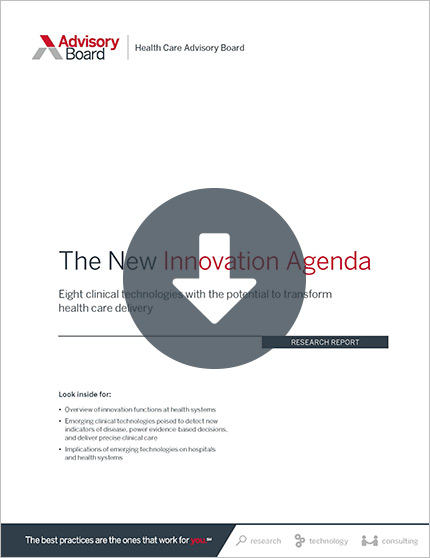Auto logout in seconds.
Continue LogoutIn the age of personalized medicine, some researchers are favoring smaller, faster clinical trials over the more traditional, large clinical trials that can take years to complete—but others are pushing back, saying that larger trials provide insights that smaller ones cannot, Lucette Lagnado reports for the Wall Street Journal.
Curtis Meinert, a professor at the Johns Hopkins Bloomberg School of Public Health who has examined NIH-funded studies, said the large randomized clinical trial is becoming an "endangered species." His research shows the number of trials funded by NIH dropped by 41% from 1,580 in 2005 to 930 in 2015. Meinert's team attributed the decline to a "flat NIH budget" that has resulted in "approximately 20% less in real dollars in 2015 than in 2005," even as trial costs have risen.
According to Meinert, NIH has "spent more and more money on … small trials, with a sample size of, say, 50 people," rather than larger trials.
The benefits of small trials
Some researchers see this trend as a good and necessary change, especially as the rise of personalized medicine enables care to be tailored to a person's DNA.
Nicholas Schork, a professor at the Translational Genomics Research Institute, said that "people have to rethink the value of the large clinical trial in an era of personalized medicine." Schork added that, with genomics, doctors "are trying to match drugs to individual patients' features, so the sorts of trials we need will look much different than the large clinical trials."
James Doroshow of the National Cancer Institute said that the increased focus on smaller trials is "a positive trend." He said the shift "means we can complete trials that provide thorough answers with fewer participants, at lower costs, and in less time."
Similarly, Ursula Matulonis, who treats a number of women's cancers at the Dana-Farber Cancer Institute, said smaller trials have benefited many of her patients who "can't wait years to get these medications approved." Matulonis said, "They need medications and they need them now, and they are not looking to wait for five years."
Some researchers push back against abandoning large trials
But others argue that large trials provide insights that small trials simply cannot.
In a recent large clinical trial known as TAILORx, researchers followed about 6,700 women with breast cancer for several years to see if they could be treated without chemotherapy, using a genomics test called Oncotype DX that indicates how aggressive a woman's breast cancer will be.
Larry Norton, a breast cancer specialist and the SVP of Memorial Sloan Kettering Cancer Center, said that TAILORx is a "classic example" of the importance of large trials. "No matter the results, they will influence [clinical] practice," he said.
Norton, who agreed that small trials can be useful, similarly touted TAILORx as an example of large trials' importance. "The results will affect the care of 100,000 women in the United States."
Norton warned that small trials may miss some advances, saying, "I think that we are throwing away a lot of good drugs and a lot of good diagnostics because our trials are too small."
Steven Shak, who is a co-founder of Genomic Health—which conducted the TAILORx trial—and the lead developer of the Oncotype DX test used in the trial, said that he believes small trials are "critical to developing technologies," while large trials are crucial "to determine if these (new innovations) really work" (Lagnado, Wall Street Journal, 5/29).
June 21 webcon: Get the latest clinical innovations in surgical and interventional oncology
Learn how best-in-class organizations are integrating surgical oncology and interventional oncology into their cancer programs, as well as technology overviews and strategies to maximize the value of these services.
Don't miss out on the latest Advisory Board insights
Create your free account to access 1 resource, including the latest research and webinars.
Want access without creating an account?
You have 1 free members-only resource remaining this month.
1 free members-only resources remaining
1 free members-only resources remaining
You've reached your limit of free insights
Become a member to access all of Advisory Board's resources, events, and experts
Never miss out on the latest innovative health care content tailored to you.
Benefits include:
You've reached your limit of free insights
Become a member to access all of Advisory Board's resources, events, and experts
Never miss out on the latest innovative health care content tailored to you.
Benefits include:
This content is available through your Curated Research partnership with Advisory Board. Click on ‘view this resource’ to read the full piece
Email ask@advisory.com to learn more
Click on ‘Become a Member’ to learn about the benefits of a Full-Access partnership with Advisory Board
Never miss out on the latest innovative health care content tailored to you.
Benefits Include:
This is for members only. Learn more.
Click on ‘Become a Member’ to learn about the benefits of a Full-Access partnership with Advisory Board
Never miss out on the latest innovative health care content tailored to you.

